
Highwayman is the first studio album released by country supergroup The Highwaymen, comprising Kris Kristofferson, Johnny Cash, Waylon Jennings and Willie Nelson. Highwayman, released on Columbia Records in 1985, was the group's first and most successful album.

Rockabilly Blues is an album by American country singer Johnny Cash, released on Columbia Records in 1980. Highlights include "Cold Lonesome Morning," which had some minor chart success, "Without Love," by his son-in-law, Nick Lowe, and a cover of the witty "The Twentieth Century Is Almost Over." The first two of the aforementioned songs were the only singles from the album, though "Without Love" hardly enjoyed any chart success, peaking at No. 78. "The Twentieth Century is Almost Over" was re-recorded five years later by Cash and Waylon Jennings, Willie Nelson and Kris Kristofferson, collectively known as The Highwaymen, on their first album entitled Highwayman, though it was, in essence, a duet with Nelson.

Border Lord is the third album by Kris Kristofferson, released in 1972 on Monument Records.
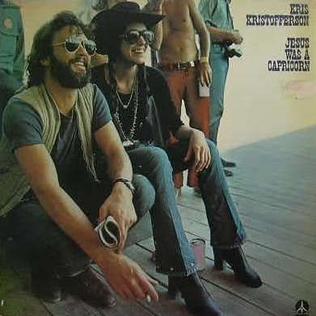
Jesus Was a Capricorn is the fourth album by Kris Kristofferson, released in 1972 on Monument Records. The album cover pictures Kristofferson and his soon-to-be wife Rita Coolidge. "Why Me" reached #1 on the Country singles charts.

Live at the Philharmonic is a live album by Kris Kristofferson, released on Monument Records in 1992. Performed at Philharmonic Hall in New York City on December 2, 1972, the concert followed the release of Kristofferson's successful Jesus Was a Capricorn. Aside from several songs from the latter, the singer performed a number of new pieces, as well as a few of his well-known hits such as "Sunday Mornin' Comin' Down" and "Me and Bobby McGee". Guest artists included Willie Nelson, who was a little-known personality in country music at the time, Rita Coolidge, Kristofferson's future wife, and Larry Gatlin, whose career was in its starting phases.

Easter Island is the eighth solo album by Kris Kristofferson, released in 1978 on Monument.
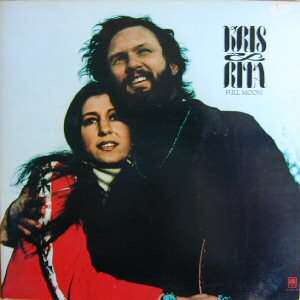
Full Moon is a duet album by Kris Kristofferson and Rita Coolidge, released in September 1973 on A&M Records. It is the first of three duet albums by the couple, who married weeks before the album's release. Unlike Kristofferson's solo albums, it features several covers.
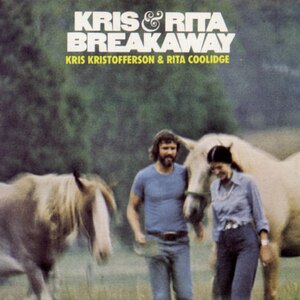
Breakaway is the second duet album by Kris Kristofferson and Rita Coolidge, released in 1974 on Monument Records. It is one of three duet albums by the couple. Unlike Kristofferson solo albums, it features several covers. "I've Got to Have You" and "I'd Rather Be Sorry" had both previously been hits for other artists; they appear here by Kristofferson for the first time.
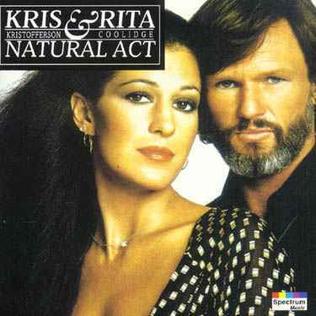
Natural Act is the third and final duet album by Kris Kristofferson and Rita Coolidge, released in 1978 on A&M Records. The couple would divorce the following year. The album was released while Coolidge's career was at a peak; her recent albums Anytime...Anywhere and Love Me Again had seen much commercial success. Natural Act is Kristofferson's only album to chart in the United Kingdom.

To the Bone is an album by Kris Kristofferson, released in 1981, his last for Monument Records. It is his first album after his divorce from Rita Coolidge, and many of its songs deal with relationship decline. "Nobody Loves Anybody Anymore" became a minor hit.
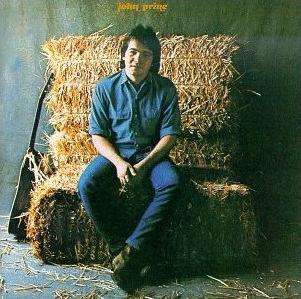
John Prine is the debut album by American country/folk singer-songwriter John Prine, issued by Atlantic Records in 1971. In 2012, the album was ranked number 452 on Rolling Stone magazine's list of the 500 greatest albums of all time. It was later ranked number 149 in a revised version of the list published in 2020.

Aimless Love is the eighth album by American folk singer and songwriter John Prine, released in 1984. It is his first release on his independent record label, Oh Boy Records.
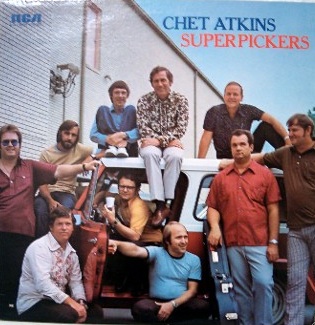
Superpickers is a 1974 album by guitarist Chet Atkins and top recording session players in Nashville, TN.
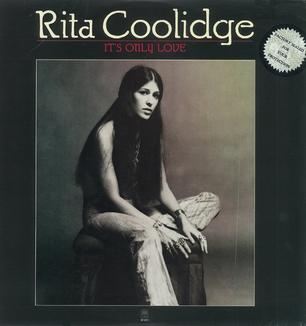
It's Only Love is a 1975 album by Rita Coolidge and was released on the A&M Records label.

John Prine Live is a live album by American folk singer and songwriter John Prine, released in 1988. It was originally released as a double-LP.
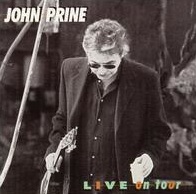
Live on Tour is a live album by American singer-songwriter John Prine, released in 1997. The album also include three studio tracks.
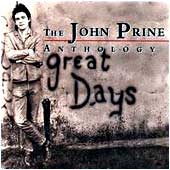
Great Days: The John Prine Anthology is a compilation album by American folk singer John Prine, released in 1993.
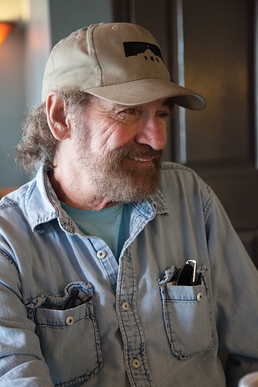
Donald Ray Fritts was an American session musician and songwriter. A recording artist in his own right, he was Kris Kristofferson's keyboardist for over forty years. In 2008, he was inducted into the Alabama Music Hall of Fame.
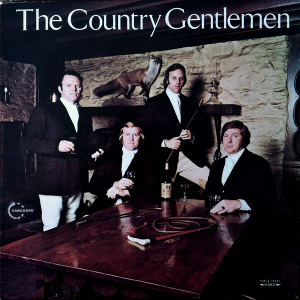
The Country Gentlemen is a compilation album by the progressive bluegrass band Country Gentlemen, recorded and released in 1973.

Somebody Else's Troubles is an album by singer/songwriter Steve Goodman, released in 1972. The record received favorable reviews but failed to sell. Goodman soon left Buddah Records and signed with Elektra Records. Bob Dylan contributes piano on the title song under the pseudonym of Robert Milkwood Thomas. John Prine is standing second person from left to right. Jimmy Buffett is standing between Prine and Goodman's wife Nancy. In 1990, the album was released on CD by Sequel Records.




















